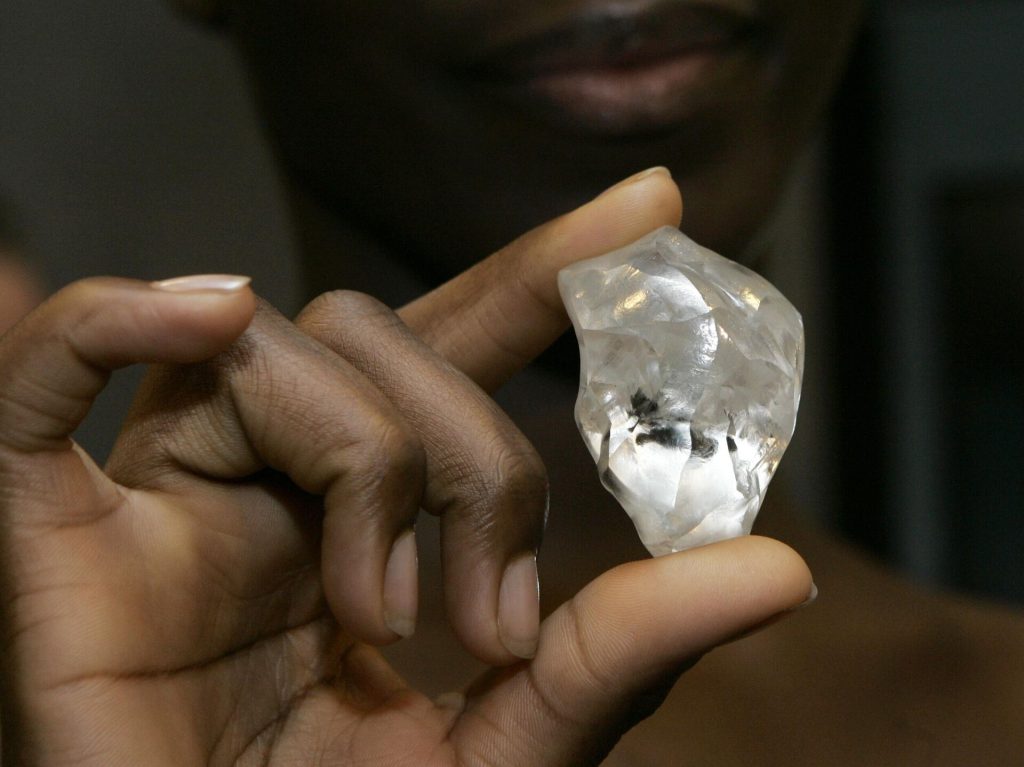The Central African Republic (CAR) has announced that it has successfully lobbied to lift a decade-long export embargo on its diamonds.
The Kimberley Process (KP), the international regulatory body overseeing the global diamond trade, approved CAR’s request at its plenary session in Dubai. According to CAR’s Ministry of Mines, the KP has agreed to the total lifting of the sanction, marking a major milestone for the country’s diamond industry.
The decision was made during a four-day meeting held under the presidency of the United Arab Emirates.
The export embargo, imposed in 2013 during CAR’s civil war, was intended to prevent the sale of conflict diamonds, often referred to as “blood diamonds.” The ban crippled a lucrative trade, valued at approximately $50 million annually in 2011.

In recent years, CAR has been lobbying for the ban’s removal. Mines Minister Rufin Benam Beltoungou argued in September that security concerns had diminished and the country had established systems to meet the Kimberley Process’s traceability requirements for diamonds.
Although the civil conflict eased in 2018, sporadic violence and poverty persist in CAR, making the lifting of the embargo a significant development for its fragile economy.
The embargo was partially eased in 2015 and 2018, allowing diamond exports from a limited number of mining zones. Now, the full lifting of restrictions opens up opportunities across all 24 diamond mining areas in the country.
Diamonds, along with gold, are among CAR’s most valuable resources. The country has issued mining and research permits to several international entities, including Chinese, American, Rwandan, and Russian firms, some linked to the Wagner mercenary group.

